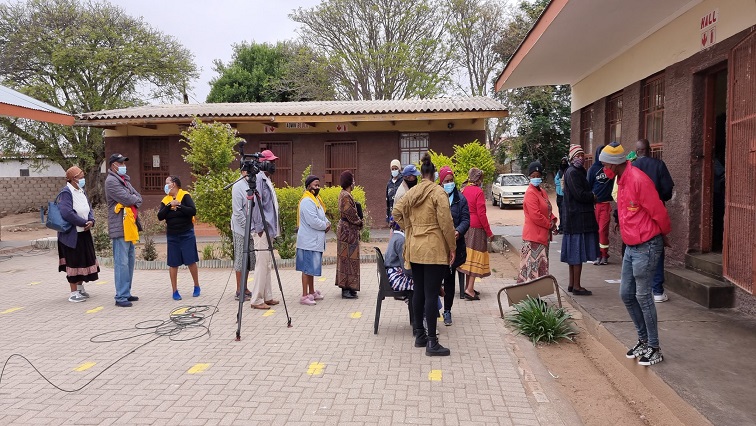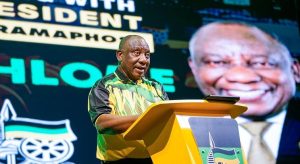Turnout in the local elections of 1 November will be as telling and predictive as the profiles and campaigns of the political parties themselves, says political analyst and author Professor Susan Booysen.
“Turnout in the local elections of 1 November will be as telling and predictive as the profiles and campaigns of the political parties themselves. High turnout, especially in the contested, coalition-prone metropoles, will be a crucial part of the election and its results.
In particular, it will affect the success for the African National Congress (ANC). Should disgruntled and possibly disaffected ANC voters abstain, rather than affirm through the vote that they are prepared to give the ANC that second-final-last chance, the ANC will probably suffer a below 50% result.
In addition, the extent to which young people will be turning out will have consequences for the longer-term legitimacy of the system of electoral democracy and multipartyism. Given the middle-class status nowadays of much of Soweto and Alexandra, the ANC will necessarily have to counter both middle-class cynicism, and the loosening of party bonds that are evident once citizens have migrated into the urban political sphere. Many of these voters will simply not bother to go and draw their crosses.
This realisation by the ANC also explains the ANC having held its closing rally at Rockville, Soweto. This disadvantage that the ANC is set to experience may, however, be neutralised by Democratic Alliance (DA) voters who would have been more inclined than the run of the mill ANC voter to turn the vote weekend into a long weekend.
This would be unless they do both long weekend and voting by 9 pm. The voter inclination to disengage has already been evident in relatively low interest in voter registration. Overall, the South African body of voters has shrunk by more than half a million (26.2 million at present) from 2019 to 2021.
This has been in a time when the population generally, and the voting age population specifically have grown. Only around 25 percent of the potential pool of first-time voters actually bothered to register (roughly 433,000).
From the ANC’s recent campaign narratives, it is clear too that the party recognises a need to discourage support for small and micro-parties. It has warned voters not to ‘waste’ votes on these entities, which are filling up the ballot papers. Some of these ‘smalls’ offer substance and have a clear political project; others tend to be opportunistic, with non-existent campaigns, but who hope to accidentally win seats.
The ward ballots for Johannesburg, for example, will bear typically the names of between 20 and 30 political parties. At least half of the party names (besides those of independent individuals) will be largely unknown. They could, nevertheless, become vehicles to bear the votes of those who are alienated from the mainstream parties but not from the electoral process.
The main benchmark will be whether turnout in Local Election 2021 can remain a few percentage points above 50 % – compared with the 57.9 of 2016, 57.6 of 2011, 48.4 of 2005 and 48.1 of 2000.”
Professor Susan Booysen is a political analyst and author.






